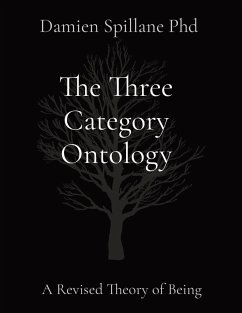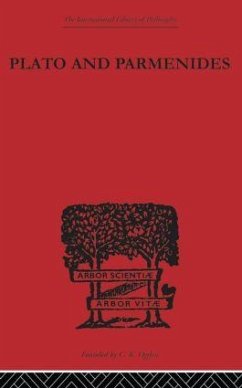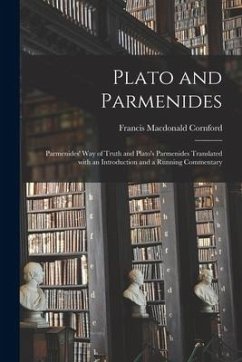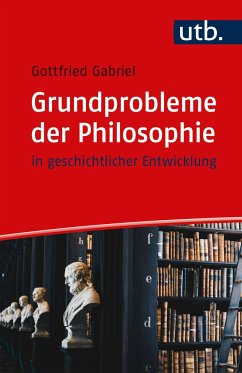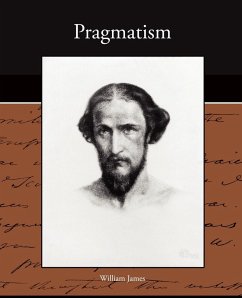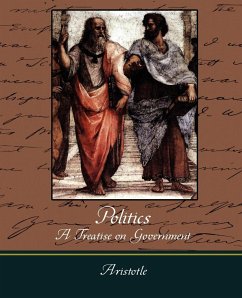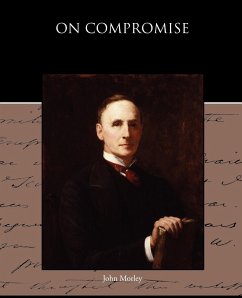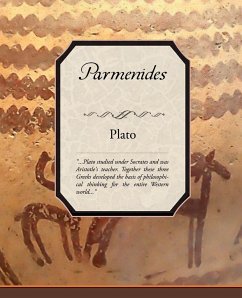
Parmenides
Versandkostenfrei!
Versandfertig in 1-2 Wochen
15,99 €
inkl. MwSt.

PAYBACK Punkte
8 °P sammeln!
Plato studied under Socrates and was Aristotle's teacher. Together these three Greeks developed the basis of philosophical thinking for the entire Western world. Plato was also a writer, mathematician, and founder of the Academy in Athens, which was the first university in Europe. The Paremenides is one of Plato's more difficult works. Interpretations have ranged from an introduction to Platonic metaphysics to seeing the work as a series of tricks encompassing one large joke. Parmenides is the account of talks between two philosophers with Socrates. Zeno read his treatise which defended Parmen...
Plato studied under Socrates and was Aristotle's teacher. Together these three Greeks developed the basis of philosophical thinking for the entire Western world. Plato was also a writer, mathematician, and founder of the Academy in Athens, which was the first university in Europe. The Paremenides is one of Plato's more difficult works. Interpretations have ranged from an introduction to Platonic metaphysics to seeing the work as a series of tricks encompassing one large joke. Parmenides is the account of talks between two philosophers with Socrates. Zeno read his treatise which defended Parmenidean against those partisans of plurality who believed that Parmenides's opinion that there is a one gives rise to intolerable absurdities and contradictions. Topics included in this dialogue include sameness, being, difference, and unity. Parmenides has been studied and debated by many leaning scholars with no real consensus.



